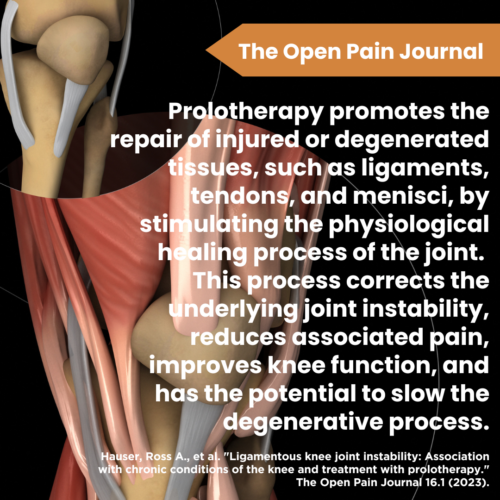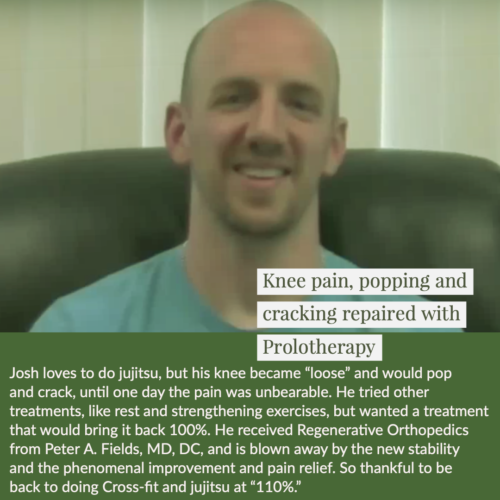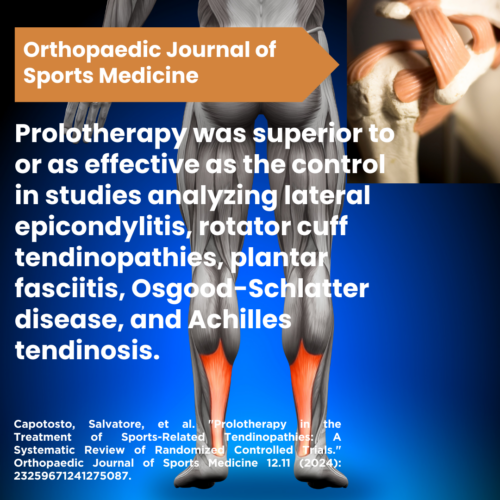Tendonitis is the most common injury to the knee. In general, knee tendonitis refers to inflammation, irritation, or tear of a knee tendon, the thick fibrous cords that attach muscles to bone. One of the most frequent types of tendonitis of the knee is pes anserinus tendonitis, which involves the pes anserinus tendons that lie on the inside and just below the knee joint and which prevent the lower leg from twisting outward while running.
Middle-aged adult runners are most susceptible to the development of pes anserinus tendonitis, the most common form. Two other types of knee tendonitis are popliteus tendonitis and semi-membranous tendonitis.
Patellar tendonitis is inflammation of the patellar tendon, which attaches the kneecap to the tibia or shinbone. The patellar tendon helps your muscles extend your knee.

Tendonitis is caused by overuse, injury, or aging. The pain is usually the result of a small tear in or inflammation of the tendon. Tendonitis can also be associated with inflammatory diseases that occur throughout the body, such as rheumatoid arthritis. Popliteus tendonitis is caused by excessive inward rolling of the feet, called pronation, as well as running downhill, which tends to put undue stress on this tendon and can cause it to tear or become inflamed. On the other hand, pes anserine tendonitis is characterized by inflammation of the medial knee and often coexists with other knee disorders. Semi-membranous tendonitis is characterized by swelling over the posteromedial aspect of the knee and tenderness with resisted flexion or outward-turned strain.
Patellar tendonitis is an acute condition, such as knee pain following a run. If the tendon is stressed repeatedly, tiny tears can occur. If this process persists, the tendon degenerates, causing another more chronic tendon condition known as tendinosis.
“The underlying cause of many tendonitis cases is knee joint instability from ligament injury. Ligament-induced knee joint instability is a common musculoskeletal issue affecting many people. A healthy knee has normal joint mechanics, but when injury, wear and tear, or overuse cause the soft tissue structures (like the ligaments) to stretch beyond their normal range of motion, they can become lax, elongated, damaged, or torn. Ligamentous knee instability results in the development of other conditions, including osteoarthritis, patellar pain syndromes, tendinopathies, and meniscus tears. Traditional treatments do not address the underlying ligament weakness that leads to joint instability. However, Prolotherapy does! It promotes the repair of injured or degenerated tissues, such as ligaments, tendons, and menisci, by stimulating the physiological healing process of the joint. This process corrects the underlying joint instability, reduces associated pain, improves knee function, and can potentially slow the degenerative process.” (1)
Knee tendonitis commonly produces pain, tenderness, and stiffness near a joint and is aggravated by movement. The inflamed tendons in the knee are usually painful when moved or touched, and the tendon sheaths may be visibly swollen from the accumulation of fluid and inflammation. Moving the joints near the tendon, even slightly, may also cause severe pain. The pain may be worse when ascending or descending stairs, getting up from a seated position, and at night.
The typical treatment regime for tendonitis, such as knee, rotator cuff, or patellar tendonitis, includes rest, ice, non-steroidal anti-inflammatory drugs (NSAIDs), and cortisone injections. Unfortunately, this approach does not strengthen the weakened tendon and does not alleviate the persistent pain that people with this condition experience.
While ice, anti-inflammatory drugs, and cortisone injections may produce short-term pain relief, they actually inhibit the healing process because they boost the degeneration of soft tissue and, therefore, accelerate cartilage degeneration. If an individual with knee tendonitis receives cortisone injections into the tendon or takes anti-inflammatories for a very long time, the tendonitis will become tendinosis, which means the tendon will become degenerated.
Other modern medical treatment options include cryotherapy and massage. Again, although they may provide pain relief, they do not address the root of the problem—weakened and/or injured tendons and ligaments. When the pain persists after the patient tries these treatment modalities, tendonitis patients may be referred to a surgeon. Unfortunately, surgery has consequences and side effects and may make the problem worse.
 In treating tendonitis, we recommend stimulating tendon repair and strengthening weakened or lax ligaments with therapy that includes movement, exercise, and regenerative treatment. This approach will encourage the damaged tissues to heal as quickly as possible.
In treating tendonitis, we recommend stimulating tendon repair and strengthening weakened or lax ligaments with therapy that includes movement, exercise, and regenerative treatment. This approach will encourage the damaged tissues to heal as quickly as possible.
Keep in mind that when someone with tendonitis continues to work out while using pain medications or after receiving cortisone injections, they may block the pain, but the tendon will continue to degenerate. You may not feel it at the time since the pain is blocked, but more damage is being done to the tendon. It is better to stop the particular athletics that cause tendonitis.
Yes, movement and exercise are important, but it is necessary to proceed with exercise that does not put a lot of tension on the tendon. Cycling and swimming are examples of this type of exercise, as long as they do not cause excessive pain. These types of exercise are recommended because movement encourages tendon healing.
Regenerative Orthopedics is used in cases of knee tendonitis, when the tendon does not continue to improve every week or if a tendonitis injury requires extra-quick healing, such as is the case with many athletes. When tendon degeneration has transpired, or tendinosis is present, the condition benefits tremendously from these treatments.
When the tendon cannot heal on its own, an underlying ligament problem and joint instability may occur, allowing too much movement of the knee joint. This movement irritates the tendon because it is unable to contract against a stable knee. Regenerative Orthopedics strengthens both the weakened tendons and ligaments.
Comprehensive treatment for the knee involves multiple injections of PRP, a dextrose-based solution, or both directed at the affected tendons, ligaments, and other structures. This triggers the immune system to initiate repair of the injured tendons and ligaments, and blood supply dramatically increases in the injured area.
The body is alerted that healing is needed, and reparative cells are sent to the treated area of the knee. The body also lays down new collagen in the treated areas, strengthening weakened structures. Once the tendons and ligaments are strengthened, the joint stabilizes, and the tendonitis or tendinosis conditions resolve.

To schedule an appointment, call 310-453-1234 and tell us more about your case. OrthoRegen® is a full-time Regenerative Orthopedics medical office with extensive experience in regenerative therapies such as the Gold Standard in Stem Cell therapy, platelet-rich plasma, and Prolotherapy regenerative injection solutions. Peter A. Fields, MD, DC is both an MD and a chiropractor.
(1) Hauser, Ross A., et al. “Ligamentous knee joint instability: Association with chronic conditions of the knee and treatment with prolotherapy.” The Open Pain Journal 16.1 (2023).